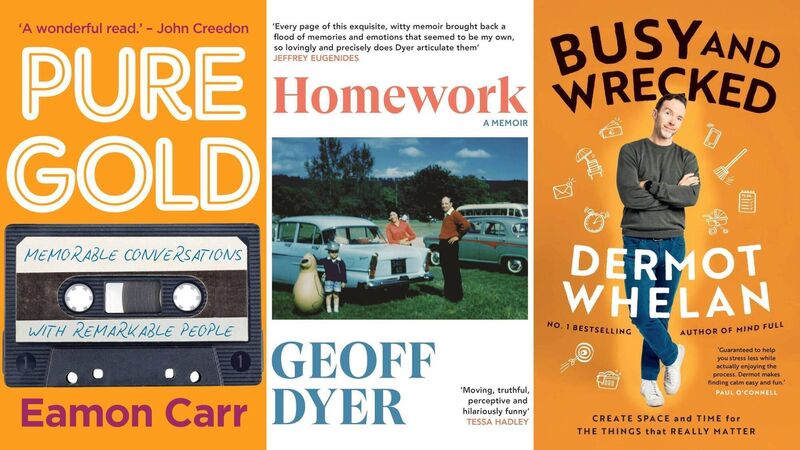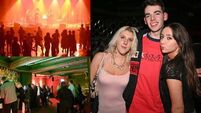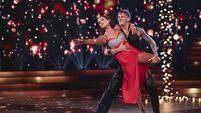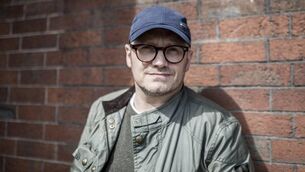Summer catch-up: 20 of the best non-fiction books so far in 2025

Pure Gold, by Eamon Carr; Homework by Geoff Dyer; and Busy and Wrecked by Dermot Whelan.
Eamon Carr, lyricist and drummer with Horslips, amongst other polymathic gifts, has gathered the best celebrity interviews from his years as a journalist. The collection describes how the interviews unfolded with giants from the era like J.P Donleavy, Rudolf Nureyev, Shane MacGowan and Jack Charlton. Written with his wry, entertaining voice, and full anecdote, it’s a book to be devoured.



